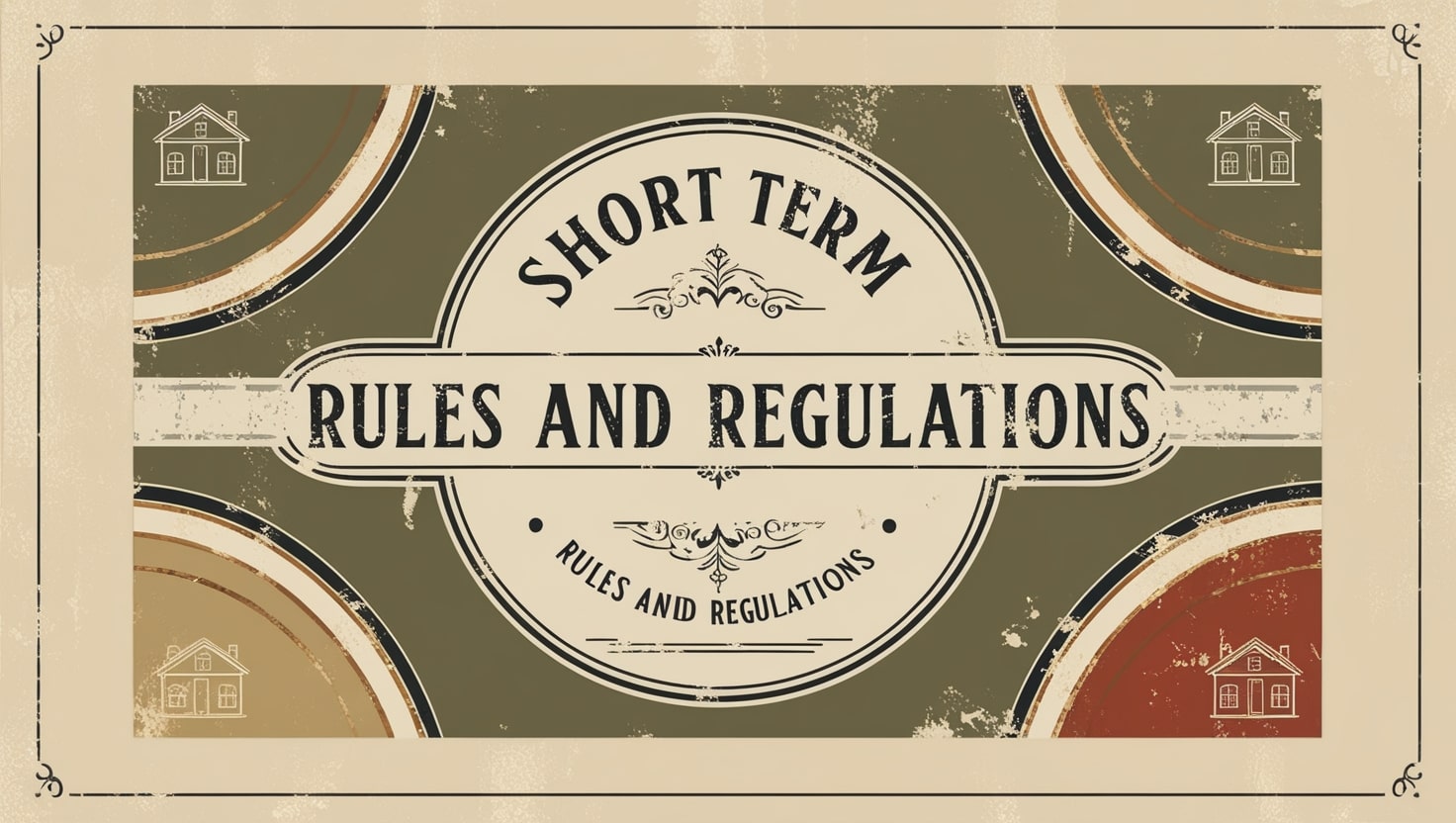Tulsa, United States Airbnb Rules & Regulations
Last updated on: 4th July, 2025


Last updated on: 4th July, 2025

In Tulsa, the regulations governing short-term rentals, including those listed on platforms like Airbnb, are designed to ensure compliance with local laws, promote safety, and maintain harmony within neighborhoods. Here are the key points regarding the regulations for short-term rentals in Tulsa as of 2024:
Tulsa distinguishes between two types of short-term rentals: - Principal Use Short-Term Rentals: Properties that are rented out exclusively, without long-term residents. - Accessory Use Short-Term Rentals: Properties where the owner or a long-term tenant resides part-time, using the property for rental purposes for stays shorter than 30 days.
Operators must collect a lodging tax of 5% from guests if their rental has five or more rooms and remit it to the City of Tulsa monthly. Failure to comply with tax regulations can result in fines.
Short-term rentals must adhere to local zoning laws, which dictate where such rentals can operate. Properties in designated residential zones must operate harmoniously with community standards.
Tulsa strictly enforces short-term rental regulations. Hosts violating ordinances can face fines: up to $200 for the first infraction, escalating to $1,000 or more for serious violations. Regular inspections may also be conducted to ensure compliance.
Hosts are encouraged to manage guest conduct to minimize disturbances and uphold neighborhood integrity. The city provides mechanisms for residents to report issues related to short-term rentals, promoting a balanced approach between visitor accommodation and residential peace.
As regulations may evolve, it's vital for hosts in Tulsa to stay informed about any updates to the laws and ensure compliance to foster a positive relationship with the community.